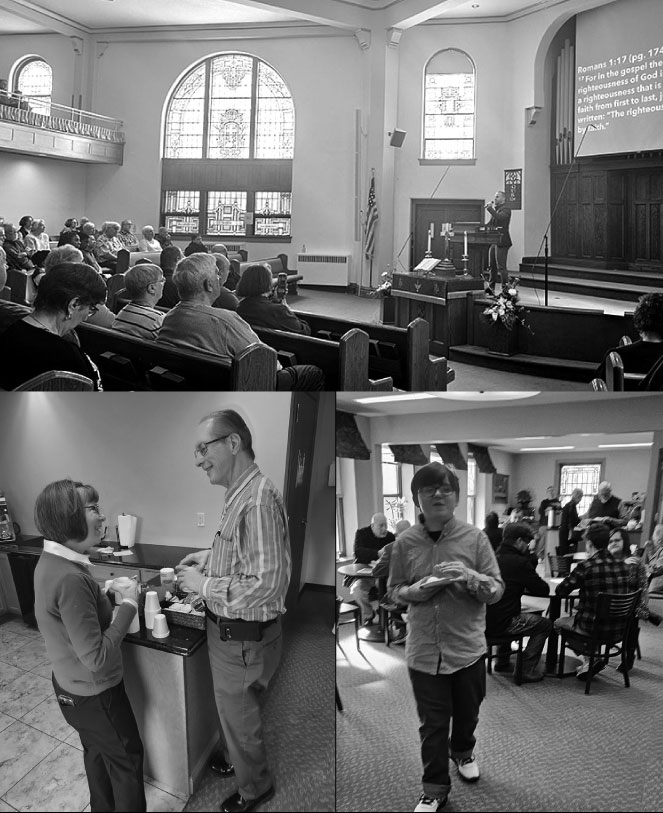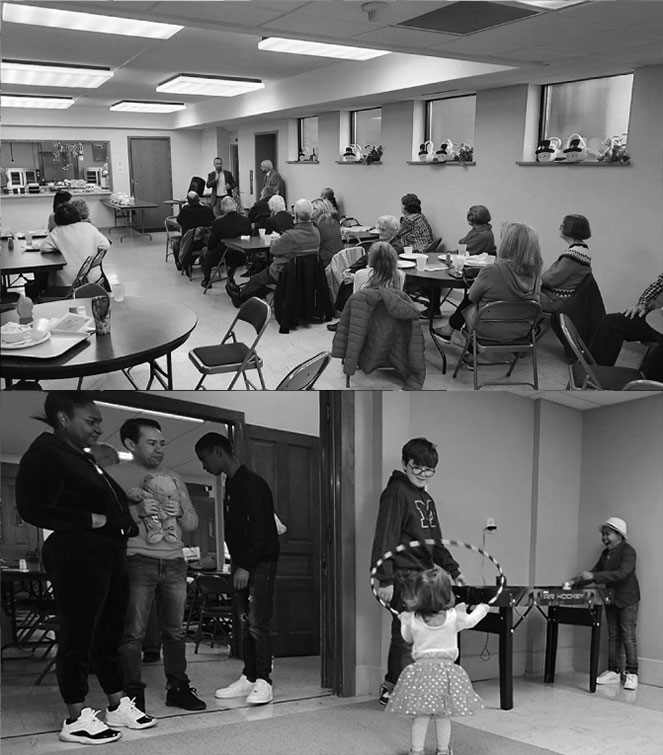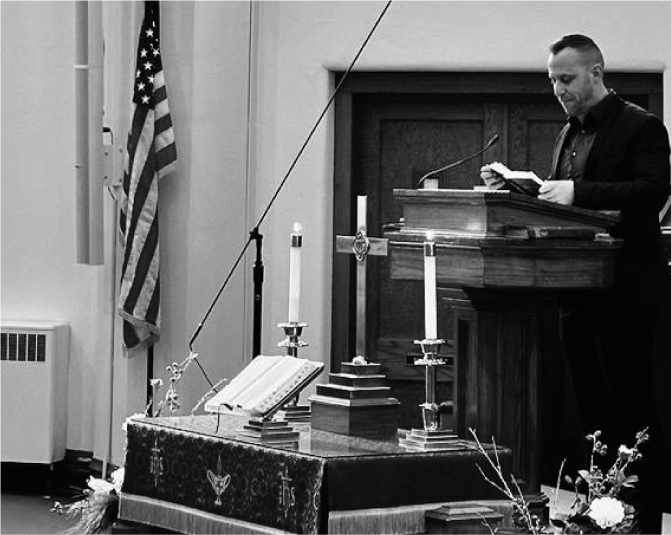THE GOSPEL OF JESUS CHRIST

What is it?
- The gospel is the good news of God’s grace invading the brokenness and darkness of this world caused by sin, which entered the world in the garden of Eden (Genesis 3). It is the grand narrative of creation, fall, redemption, and consummation ordained by God and orchestrated through the life, death, resurrection, and ascension of Jesus Christ, who was fully God and fully man. His brutal death on the cross, burial, and resurrection is the heartbeat and power of the gospel. Christ’s death is a substitutionary (in our place) and propitiatory (for us) sacrifice to God for our sins (for us to be reconciled to Him).
- It satisfies the demands of God’s holy justice and appeases His holy wrath. It also demonstrates His mysterious love and reveals His amazing grace. Jesus Christ is the only mediator between God and man. There is no other name by which men can be saved. Ref Acts 4:12, 1 Corinthians 15:1-4, Romans 1:16-17.
How should I respond to it?
- Now, everyone everywhere is called by God to believe the Gospel by putting their faith in Jesus Christ as their savior and Lord, repenting of their sin and living for Him. This is God’s will for everyone, with no exception, and it is the only way people can receive eternal life. We are all called to be missionaries wherever we are, proclaiming the Good News to everyone God puts in our path. Ref. 1 Timothy 2:4, John 3:16, Acts 4:12, Mark 15:15.

WE AFFIRM THE FIVE SOLA’S OF THE PROTESTANT REFORMATION
- SOLA SCRIPTURA — The Bible is the sole written divine revelation and alone can bind the
conscience of believers absolutely (Matt. 4:4; 2 Tim. 3:16). - SOLA FIDE – Justification is by faith alone. The merit of Christ imputed to us by faith is the sole
ground of our acceptance by God, by which our sins are remitted (Rom. 5:1; Gal 2:16). - SOLUS CHRISTUS – Christ is the only mediator through Whose work we are redeemed (John 14:6; John 3:16).
- SOLA GRATIA – Our salvation rests solely on the work of God’s grace for us (Rom. 2:4; Eph. 2:8-10).
- SOLI DEO GLORIA – To God alone belongs the glory (Isa. 42:8; Col. 3:17).
WE AFFIRM THE WESLEYAN QUADRILATERAL
The W.Q. is a theological mechanism to describe the whole of the Christian experience, utilizing four (“quad”) areas that John Wesley believed that define the Christian faith for believers. Although Wesley did not formulate this mechanism himself ( it was later coined by Albert Outler), it helps Christians to better understand the foundation of our faith.
The four areas are (1) Scripture, (2) tradition, (3) reason, and (4) experience. In no particular order, this mechanism shows us that Scripture is considered the primary source and standard for Christian doctrine. The tradition of the historical church is the witness of development and growth of the faith through the past centuries and in many nations and cultures. Experience is the individual’s understanding of how their Christian faith plays out in their own life. Lastly, through reason the Christian brings to bear on the Christian faith discerning and cogent thought. These four elements taken together bring the individual Christian to a mature and fulfilling understanding of the Christian faith and the required response of worship and service. Cited: Glossary Wesleyan Quadrilateral, The

We believe that it is only as each individual, whether lay or clergy, bears witness to God’s grace that the world may come to know Christ and respond to His invitation to have life in abundance. Each member is therefore expected to be a witness for Christ in the world, a light and leaven in society, and a reconciler in a culture of conflict, identifying with the agony and suffering of the world and radiating and exemplifying the Christ of hope. As the people of God, we must either win the world to Christ, or abandon it to those forces that oppose Him. Beyond the diverse forms of ministry is this ultimate concern: that all persons will be brought into a saving relationship with God through Jesus Christ and be renewed after the image of their creator (Colossians 3:10). This means that all Christians are called to minister wherever Christ would have them serve and witness in deeds and words that heal and free. Toward that end, the full participation of all who believe is vital and cannot be evaded if the gospel is to be heard and received. Cited from the Global Methodist Church.
WORSHIP
- God is the focus and main recipient of our worship gatherings
- Plan a visit to St Paul’s Church
- We sing songs rich with theology that express our thankfulness to God, joy in the Holy Spirit, and our experiences in Christian living. Our liturgy has confessions and prayers based on the Word of God. The sermons (homilies) are Spirit-filled exhortations, admonitions, and encouragements from scripture for the building up of the Body of Christ, and evangelism for sinners (people who don’t know Jesus yet).
- We structure our services to lift up the Person and salvific work of Jesus Christ, and provide spaces for people to respond to the move of the Holy Spirit in their lives.

MEMBERSHIP
- Membership in a local church (body of believers) is different than any other membership on earth (ie. a social club, or affnity group). We are a diverse
group of people from various socio-economic backgrounds, races, levels of education and ages…with one new identity: Christians. That is our unifying identity and it carries a high level of commitment, with eternal benefits. - At St Paul’s Church we take membership very seriously for the sake of discipleship and growth as a church body in all of it’s ministries and mission.
- We share the view of membership of the Global Methodist Church, that members are “1. The baptized membership of a local church shall include
all baptized people who have received Christian baptism in the local congregation or elsewhere, or whose membership has been transferred to the local church subsequent to baptism in some other congregation. - The professing membership of a local Global Methodist church shall include all baptized people who have come into membership by profession of faith through appropriate services of the baptismal covenant in the ritual or by transfer from other churches and who profess the vows of membership in ¶ 319.



